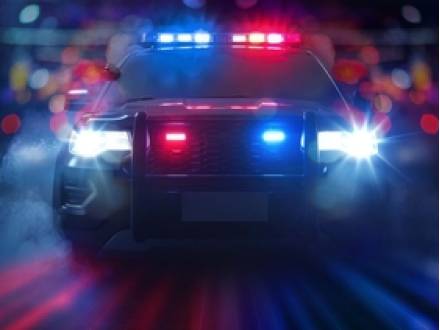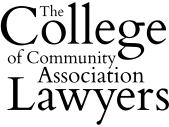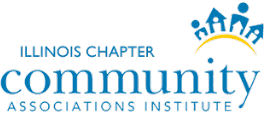 Polish,
Polish,  Ukrainian,
Ukrainian,  Russian,
Russian,  Hindi,
Hindi,  Spanish,
Spanish,  French and
French and  Greek.
Greek.
Can a Law Enforcement Chase Lead to a Wrongful Death Claim?
 A day before the Fourth of July holiday, a police pursuit of another vehicle in Wood River resulted in that vehicle slamming into a couple who were simply in the wrong place at the wrong time (the intersection of Illinois 143 and 3). The husband and wife from Alton were killed, prompting the family to file a wrongful death claim against the city of Wood River.
A day before the Fourth of July holiday, a police pursuit of another vehicle in Wood River resulted in that vehicle slamming into a couple who were simply in the wrong place at the wrong time (the intersection of Illinois 143 and 3). The husband and wife from Alton were killed, prompting the family to file a wrongful death claim against the city of Wood River.
The lawsuit claims that the police officers "flagrantly" disregarded the risks of a high-speed pursuit over minor violations - equipment and registration issues. As a result of the involvement of the Wood River police officers, the investigation was turned over to the Illinois State Police. The person being chased has been charged with murder. Before the crash, the suspect reached speeds of 70 mph in a 35-mph zone.
While high-speed police pursuits are intended to protect the public, this goal should always be balanced with the safety of the public and the risks of a high-speed chase. If your loved one was killed because of a fleeing suspect and pursuing officers, and you believe negligence or recklessness on the part of the police occurred, it is important to speak to an experienced Arlington Heights, IL wrongful death lawyer.
What is the Wrongful Death Law in Illinois?
Under (740 ILCS 180) of the Illinois Wrongful Death Act, a personal representative of the victim’s estate can sue for a death caused by wrongful acts or negligence. The proceeds of a wrongful death claim in Illinois include the surviving spouse, children, and potentially other next of kin.
A two-year statute of limitations is in place, allowing only two years from the date of the wrongful death for the personal representative of the victim’s estate to file a wrongful death claim. However, suing a governmental entity comes with different rules and statutes of limitations (one year from the date of the death, and a formal notice of claim must be filed).
When Does a Police Chase Trigger Liability?
If it can be shown that the police officers involved in the pursuit acted with "willful and wanton disregard" for the safety of others, this goes beyond negligence, suggesting a conscious indifference to the potential harm to bystanders. For example, pursuing a suspect in a high-speed chase through a school zone when school is letting out could be seen as a willful and wanton disregard.
The police must follow specific pursuit policies and procedures aimed at balancing the need to apprehend a suspect with concerns for public safety. If officers deviate from these policies, the department, the officers, or both could be held liable. This could involve failing to terminate a high-speed chase when the risks become too high, pursuing at excessive speeds that exceed departmental guidelines, or initiating such a chase for a minor offense.
If the officers in question did not receive proper training in pursuit procedures, the department may be held liable. If the department in question has a history of negligent pursuit practices, the department could be held liable for a death caused by a flawed pursuit.
What is Sovereign and Qualified Immunity?
Governmental entities have certain protections from lawsuits under the doctrine of sovereign immunity, but this protection is far from absolute. Any time the pursuit clearly shows willful and wanton disregard for public safety, sovereign immunity can be negated, and a wrongful death claim can move forward.
Police officers are generally protected from lawsuits under qualified immunity, unless their actions violate clearly established constitutional rights, or the officers acted with malice or gross negligence. The state of Illinois does limit punitive damages against government entities, but not general and special damages.
Contact a Cook County, IL Wrongful Death Lawyer
If your loved one died as the result of gross negligence on the part of a governmental entity (like a police department), you could benefit significantly from consulting with a skilled Arlington Heights, IL wrongful death attorney from Dickler, Kahn, Slowikowski & Zavell, Ltd.. Our attorneys have over 150 years of combined legal experience and are dedicated to achieving the best outcomes for our clients. Call 847-593-5595 to schedule your initial attorney meeting.















